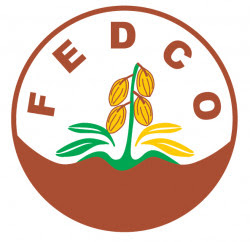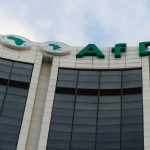The Sasakawa Africa Association (SAA) has launched a training program to empower local agricultural machine fabricators, aiming to reduce postharvest losses and boost productivity among Nigerian farmers. This initiative is part of the Evidence-Based Regenerative Agriculture to Address Climate Change in Africa project, funded by Japan’s Policy and Human Resource Development Grant (PHRDG 1) through the African Development Bank (AfDB).
In a statement released by Moses Nongoatse, SAA’s Communication Officer, on Thursday in Kaduna State, it was revealed that the first phase of the training involves **20 fabricators from Nasarawa State**, focusing on the production of multi-crop threshers. The training, which runs from November 11 to 21, 2024, is being held at the Department of Agricultural Mechanization and Bioresources Engineering workshop, Institute for Agricultural Research (IAR), Ahmadu Bello University, Zaria.
Building Skills to Boost Farming Resilience
SAA’s Country Director, Dr. Godwin Atser, emphasized the program’s importance in empowering smallholder farmers. “This training highlights our commitment to reducing postharvest losses through the upskilling of local fabricators, enabling farmers to access simple mechanization tools,” said Dr. Atser. “By equipping local fabricators with these skills, we ensure farmers gain affordable technology that enhances productivity, supports food security, and strengthens resilience to climate change.”
The training curriculum includes welding methods, metal cutting, and safety practices, equipping participants with comprehensive skills to produce multi-crop threshers and other implements.
Empowering Local Communities
The project not only addresses farming efficiency but also fosters job creation. Trainee Usman Jibrin, a 28-year-old fabricator from Akurba community in Nasarawa State, expressed his enthusiasm.
“I am truly grateful for this opportunity,” Jibrin said. “With this knowledge, I plan to produce threshers to help farmers in my community minimize grain losses and reduce the burden of labor-intensive harvesting.” SAA’s previous initiatives have shown success, including a 2023 program in Kano that trained 45 fabricators.
Supporting Smallholder Farmers
Professor Ado Yusuf, Executive Director of IAR, described SAA as a vital partner in delivering practical postharvest solutions. He highlighted that the initiative supports local economies and empowers farmers to maximize yields and minimize losses, ensuring food security and sustainable incomes.
This training targets fabricators from Obi, Lafia, Keffi, and Nasarawa Eggon Local Government Areas, aligning with SAA’s broader goal of leveraging affordable mechanization to transform Africa’s agricultural landscape.










